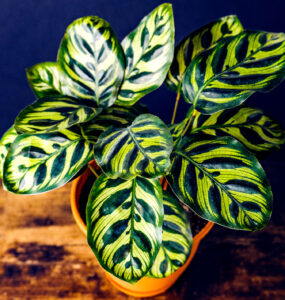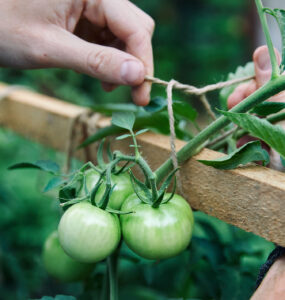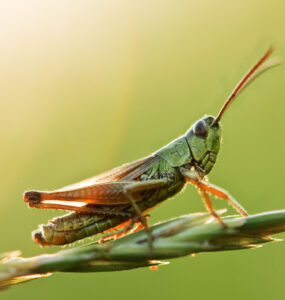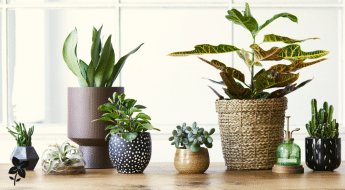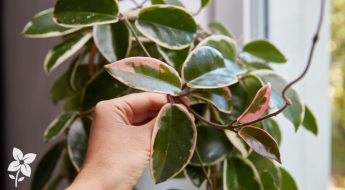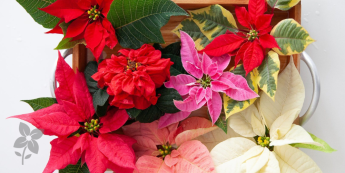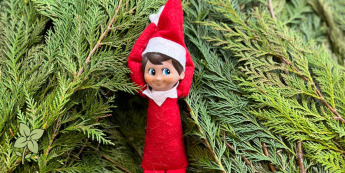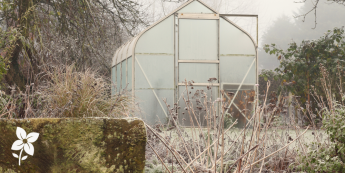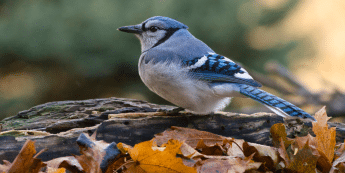Natural Mosquito Control
by Rob Sproule
They are the bain of barbeques everywhere and something that we’ve had to learn to live with! Mosquitoes are as Albertan as beef and oil but just because we can’t escape them doesn’t mean we can’t reduce their populations.
As persistent as they are, mosquitoes need some very specific things in order to hatch and bite. The easiest way to control them is to control the conditions that allow them to spawn. After that, you can use their sense of smell against them to protect yourself.
Mosquito Life Cycle
Of the 2500 mosquito around the world, 43+ of them make Alberta their home. Their biggest vulnerability is that they need water to hatch and thrive, which is why they are most prevalent (and annoying) in wet summers.
Their life cycle is simple. The eggs, often laid in the fall to lie dormant all winter, hatch when they are exposed to standing water. The larva, called “wrigglers”, live and grow in the water for a week or two before molting into a pupa. Pupas, or “tumblers”, are strange, alien looking creatures that only stay in that form for a few days before emerging as a hungry adult.
Male mosquitoes don’t bite but their ability to fertilize eggs makes them fair game for smacking! Males have a feathery proboscis as opposed to the smooth needle that females have. They feed on flower nectar and typically only live for a week.
Female mosquitoes do the biting as they look for a blood-meal in order to get protein with which to develop their eggs. That’s where we come in as targets of opportunity!
Drain Standing Water
The best way to stop mosquitoes is to not let them be born. Take a walk around your yard after a good rain and look for where water is pooling without draining. There will be some surprising places.
The obvious culprits are garbage cans, bird baths, pet water dishes, rain-barrels, and anywhere else that still water sits. Ease troughs tend to be a nursery that we forget about (out of sight, out of mind). If your troughs are plugged, it’s a good bet they’re hatching in there.
Drain every splash of standing water possible. Mosquitoes tend to stay close to where they pupated so, barring strong scattering winds, if your yard is free of standing water you should have far fewer.
Consider sprinkling larvacide on the surface of standing water that you can’t drain. This is biological warfare that, while being safe to humans and pets, unleashes an army of hungry predators to attack the wriggling larvae.
Mosquito Repelling Plants
Inevitably, some mosquitoes will find their way into your yard no matter how much water you drain. Let’s face it, to them you’re a buffet in a BBQ apron and a necessary part of completing their life cycle.
Before I tell you which plants work to repel mosquitoes, here’s an important caveat. Plants are not DEET, and they don’t work with the industrial strength of synthesized chemicals. They are a passive repellent that, while they aren’t 100% effective, don’t have a foul odour or make you wonder about rubbing yet another chemical on your body.
When people think of mosquito repelling plants, they automatically think of Citronella geraniums. While they are often seen as the most effective, there are other plants that most don’t know about.
Did you know that mosquitoes hate marigolds? They avoid the pretty yellow flowers for the same reason that garden pests do; they contain the natural pesticide pyrethrum.
Ageratum is another annual that mosquitoes avoid thanks to the smelly coumarin they emit, which is a chemical widely used in mosquito repellents.
The plant with the most scientific evidence of repelling effectiveness is catnip, a perennial herb that is closely related to mint. While our kitties roll around in it, bloodsuckers loathe it.
Some people even go so far as to rub catnip leaves on their exposed skin. While this will probably keep the mosquitoes away, cat owners be warned that you’ll smell like a giant sprig of catnip to Fluffy.


